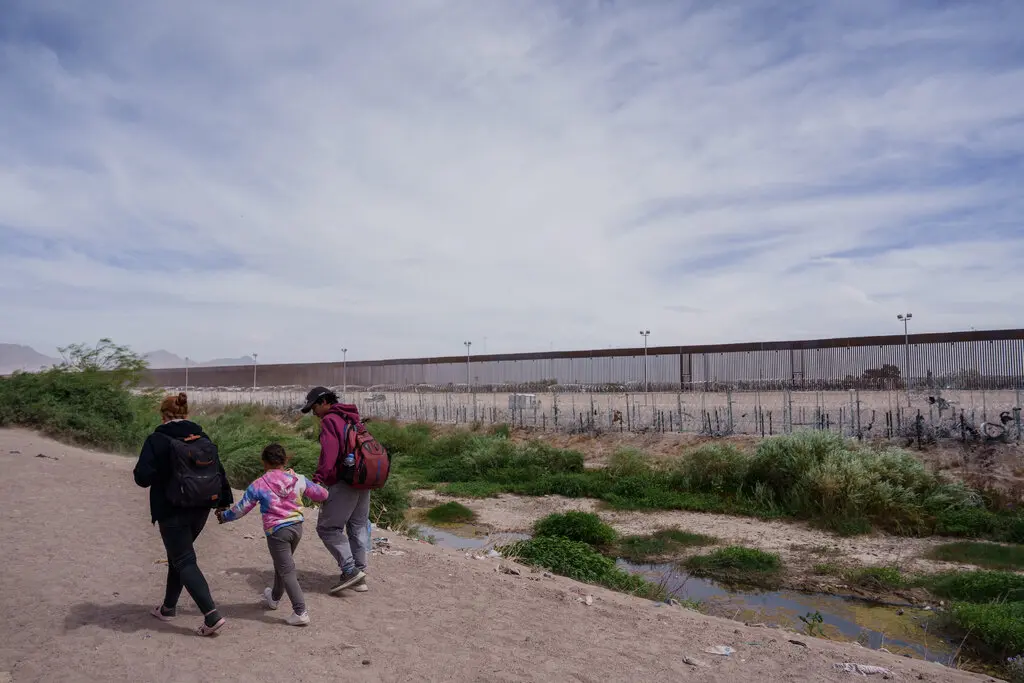President Donald Trump has taken swift action to dismantle a key Biden-era program that allowed migrants from Cuba, Nicaragua, Venezuela, and Haiti to enter the United States temporarily. This decision, announced on his first day in office, is part of a broader agenda to implement stricter immigration policies and reverse initiatives introduced by the previous administration.
The program, launched by President Joe Biden in 2023, aimed to provide a legal and orderly pathway for migrants fleeing economic and political hardships in these four nations. It allowed individuals with financial sponsors and who passed security checks to enter the U.S. by air. Once admitted, migrants were permitted to stay for up to two years, with the possibility of pursuing long-term solutions to remain legally in the country.
By the end of 2024, the program had facilitated the entry of over 500,000 migrants, making it one of the most significant legal migration pathways introduced under the Biden administration. This initiative, alongside the CBP One app—which Trump also terminated earlier the same day—was designed to reduce illegal border crossings and manage migration in a more humane and structured manner.
The Biden administration praised the program for its effectiveness in addressing migration challenges. Alejandro Mayorkas, Biden’s Homeland Security Secretary, highlighted its success in reducing the number of migrants attempting to cross the southern border illegally. By offering a safe and regulated alternative, the program was seen as a critical tool in mitigating border crises while providing relief to individuals fleeing dire circumstances.
Despite its perceived success, the program faced significant opposition, particularly from Republican lawmakers and immigration hardliners. Critics argued that it encouraged more migration and strained local resources. Stephen Miller, a key architect of Trump’s immigration policies, took to social media to condemn the initiative, claiming it allowed “millions of illegal aliens” to settle in small towns across America.
Legal challenges also arose, with Republican-led states like Texas filing lawsuits to terminate the program. However, these efforts were unsuccessful in court. Nonetheless, the Biden administration had already announced in October 2024 that the program would not be renewed, effectively setting it to expire after the two-year stay limit for migrants. This decision left hundreds of thousands of individuals at risk of deportation unless they found alternative legal avenues to remain in the U.S.
Trump’s decision to end the program underscores his commitment to a more restrictive immigration policy framework. It aligns with his broader strategy to reverse Biden-era initiatives and prioritize border security. The termination of this program, alongside the discontinuation of the CBP One app, signals a significant shift in the U.S. approach to migration management.
The move has sparked widespread debate. Supporters of Trump’s actions argue that these changes are necessary to restore order at the border and protect American resources. Opponents, however, view the decision as a step backward, dismantling programs that offered humane solutions to complex migration issues.
For the migrants who benefited from the program, the future is now uncertain. Many face the prospect of deportation or the challenge of navigating an increasingly restrictive immigration system. The end of this initiative is likely to have far-reaching implications, both for the individuals affected and for the broader U.S. immigration landscape.

